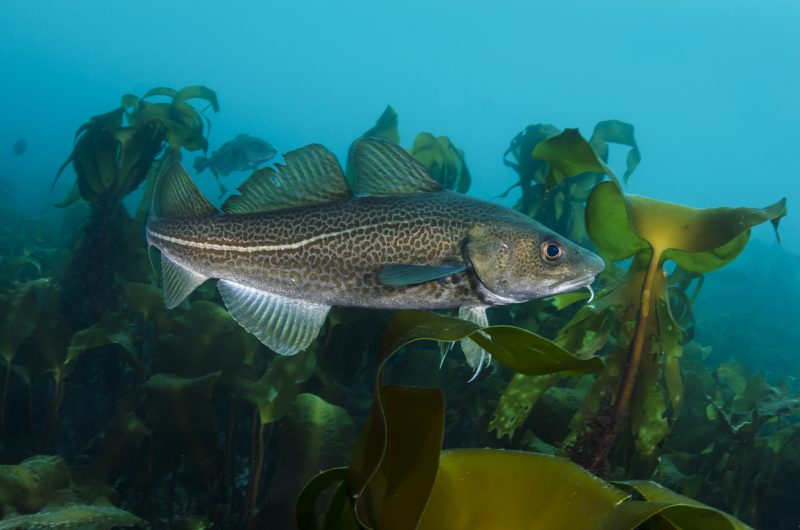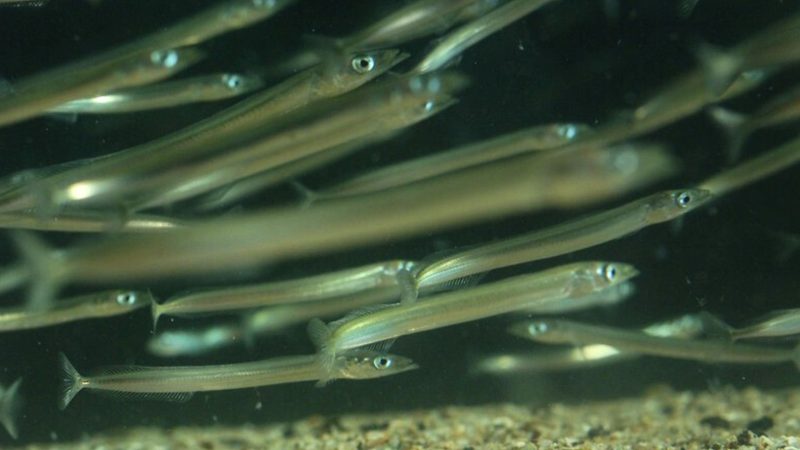On the day that Europe proposed tough new measures to protect dwindling numbers of sea bass, BLUE held a workshop in London to discuss the crisis for stocks.
Under the European Commission’s proposals, around 300,000 anglers who fish recreationally for bass would face a complete ban on landing fish for the first six months of next year. After that they would be limited to taking home one fish a day.
Commercial fishing would be banned from January to June, the main months when trawlers in pairs have been accustomed to targeting spawning bass shoals.
Thereafter, commercial vessels would be limited to catching one tonne a month, irrespective of gear or method.
There is however a provision for demersal trawlers and seiners who will be permitted to retain on board catches of sea bass that are not more than 1% of the weight of the total catches of marine organisms on board.
The measures have been proposed in response to research showing the quantity of bass of breeding age had more than halved since 2010, from 16,000 tonnes to less than 7,000.
The proposals, however, are for catches of 1,449 tonnes next year, compared to a recreational catch of 908 tonnes, mostly in England and France, and commercial landings of 2,683 tonnes of fish.
This is nearly three times the catch of 541 tonnes next year recommended by the International Council for the Exploration of the Sea, which advises the Commission.
The proposals have to be approved at the December council of minister’s meeting but were considered unfit for purpose by many attendees of BLUE’s workshop.
The meeting to discuss policies on bass, called by BLUE, heard presentations on the emerging science of where bass actually migrate to, in the English Channel, Western Approaches and Bay of Biscay, from the Lowestoft-based Centre for Environment, Fisheries and Aquaculture Science.
It heard an interpretation of the legal issues pressing on ministers under the reformed Common Fisheries Policy, and from the Marine Conservation Society, which has red-listed bass caught by all methods, including commercial rod and line, as a “fish to avoid.”
The meeting also heard from the New Economics Foundation who recently conducted a study on the implications of the Common Fisheries Policy on ideal allocation of fishing opportunities in terms of the best value to society. This report can be seen here.
The conclusions of the meeting, which included representatives from the small-scale commercial fishing industry in the UK and Europe, many members of which are reliant on bass for their livelihoods, as well as recreational sea anglers reflected unprecedented agreement as to the way bass should be managed over the next 15 years.
There was also strong representation from the Marine Management Organisation, from Devon and Severn, Southern and Sussex Inshore Fisheries and Conservation Authorities as well as from the Department for the Environment, Food and Rural Affairs.
Charles Clover, BLUE’s chairman, who chaired the meeting, said:
“I was surprised by the extent to which the imposition of tough new measures seems to have freed up a discussion of the future by different sectors who did not always agree previously.
“I was struck by the willingness of all participants in this workshop to look beyond the immediate crisis for bass stocks to how they would like this fishery to be managed in the future.
“Crisis seems to have made it possible for entrenched positions to be left behind, as happened when a related species, the striped bass, collapsed on the East Coast of America. Though the state of bass stocks is poor and there is a long way to go before recovery, I think the degree of agreement between fishing bodies we found here was extremely encouraging.”
Measures agreed on at the seminar included:
- There should be a reallocation of fishing opportunities (catch limits) according to criteria of an environmental, social and economic nature – as enshrined in Article 17 of the EU’s Fisheries Regulation
- Recreational sea angling should be included in that approach.
- Anglers would support inshore fishermen getting more quota of other species to compensate for restrictions on bass.
- Carcass tagging for bass should be introduced – on the lines of working examples for this and other species in Netherlands, France and UK, to create consumer confidence that fish had been caught legally and sustainably.
- A maximum landing size should be considered to protect the largest fish as part of more dynamic management of stocks.Bass fishing on major spawning aggregations should be banned.
- There should be protection of bass nursery areas and spatial and temporal management beyond and around them.
- Intertidal habitat for juvenile bass should be protected and enhanced.
- Financial support was needed for more management and science to support improved management of bass stocks.
- EU money should help ensure responsible fishers and businesses reliant on recreational sea angling for bass make a living if necessary by compensation for withdrawal of fishing opportunities
- A more long term perspective was needed for legislation – a multi-annual / long term management plan for recovery was needed as well as reactive measures.
- Dialogue should be sought with small scale and recreational fishers in France.
The participants, who included the Angling Trust, BASS, and Low Impact Fisheries for Europe (LIFE) agreed to continue the discussion on a future occasion with as many fishermen from all sectors represented as possible.


















